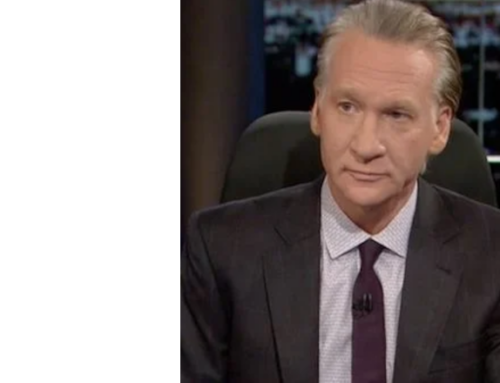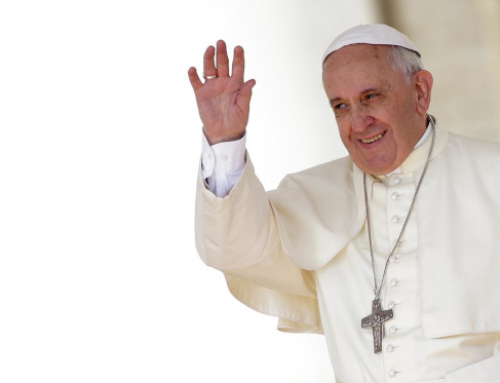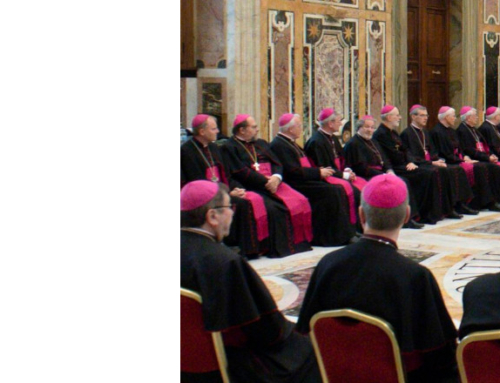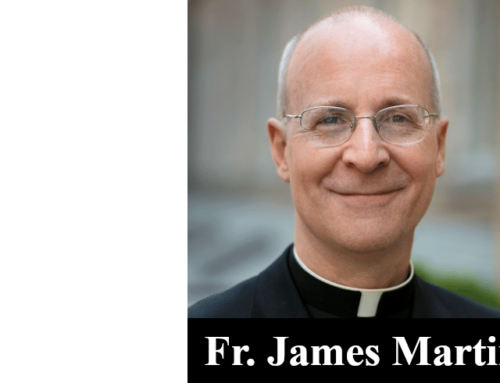In yesterday’s New York Times, columnist Frank Rich called Mel Gibson a “bigoted blowhard,” branding his movie “The Passion of the Christ” anti-Semitic; he also attacked several Catholic and Protestant leaders who befriended Gibson, including Catholic League president Bill Donohue. Donohue responds as follows:
If Frank Rich were as sensitive to anti-Catholicism as he is anti-Semitism, there would be no problem. But the fact is he has an ugly record of attacking those who object to anti-Catholicism, but not the bigotry itself. The following examples suffice: the 1995 movie “Priest”; the 1998 play “Corpus Christi”; the 1999 Brooklyn Museum of Art exhibition, “Sensation”; the 1999 movie “Dogma”; the vitriolic reaction to Catholicism that accompanied “The Passion of the Christ”; his own newspaper’s hypocritical and selective crusade against priestly wrongdoing; the ongoing “war on Christmas,” etc. In every instance, his ire was directed at the protesters, not the object of their protest.
Rich is particularly angry at anyone who dares to mention the role played by secular Jews in fomenting anti-Catholicism. I am one Catholic who will not run from this charge. It is painfully obvious, that most of the anti-Catholicism that exists today comes from two major sources: ex-Catholics (and those with one foot out the door) and secular Jews. This doesn’t mean that all of those who fall into these two groups are bigots, but it is to say that the worst offenders tend to belong to one of those two segments of the population. Indeed, the “raised Catholic” types and secular Jews have long replaced the Protestant community as the primary source of anti-Catholicism in the United States. In Europe, it tends to be ex-Christians and Muslims.
If Rich would like to debate me on this issue, I’m sure some media outlet would be glad to arrange it.
Contact Arthur S. Brisbane, the new public editor of the newspaper: public@nytimes.com






